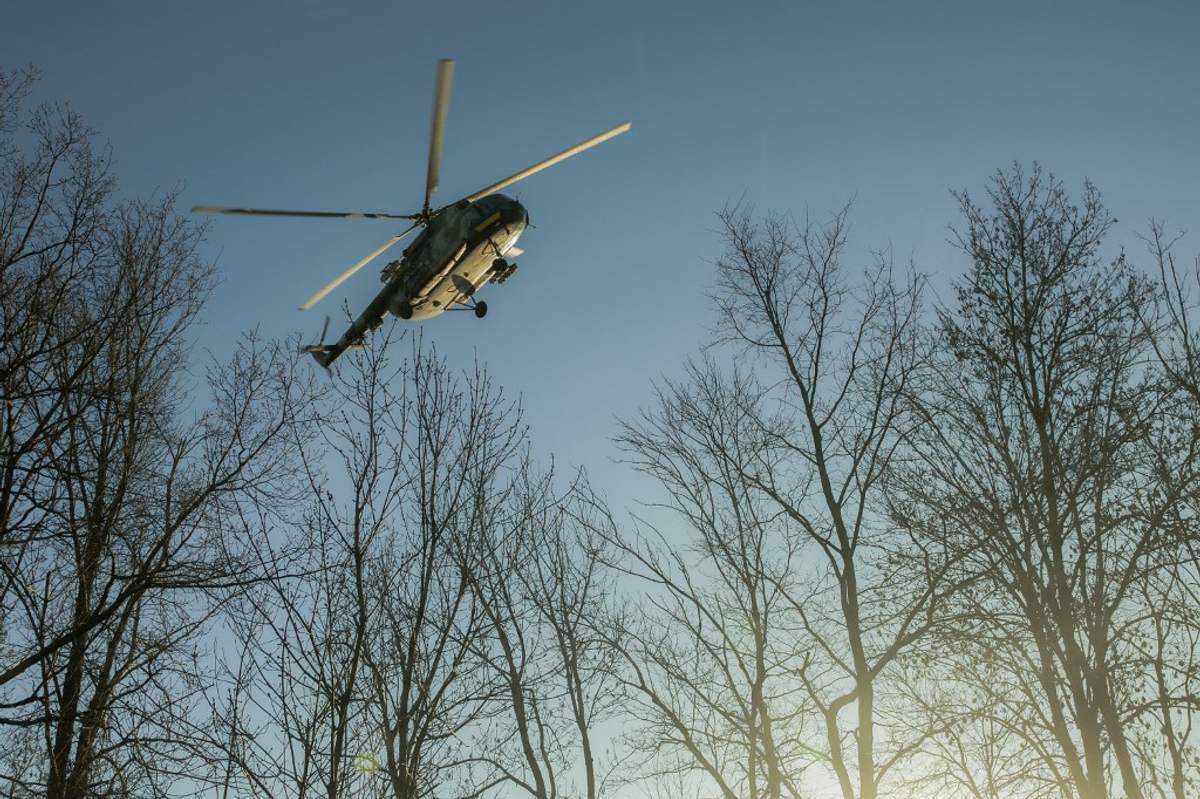Russia’s summer campaign in Ukraine has begun to falter just weeks into its launch, despite record-high attack efforts across multiple fronts. The operation commenced in May after an extensive buildup of troops and tactical preparation. Initially, Russian forces achieved rapid progress, particularly in the eastern Donetsk region, but analysts now indicate that their momentum is diminishing.
“The capacity to start something new and distinct really isn’t there for the Russians right now,” said Angelica Evans, a Russia analyst at the Institute for the Study of War, in an interview with The Telegraph. “The summer offensive is just going to be the continuation of what they’ve been doing in spring.”
Reporting by The Telegraph highlights that Russian troops have struggled to penetrate defenses in the Sumy area, which lies near Ukraine’s northern border. Ukrainian officials have announced the recapture of territory in this region, effectively halting Russian advances.
“The Russian advance in the Sumy border zone has been stopped as of this week, and the front line has been stabilized,” asserted Oleksandr Syrsky, Ukraine’s top military commander, on Thursday. He suggested that the results from fighting in May and June indicate that Russia’s latest summer efforts are stagnating, paralleling their unsuccessful attempts in the Kharkiv region earlier in 2024.
Syrsky remarked, “Instead, our earlier decisions are now delivering results. The Russian advance in the Sumy border zone has been stopped as of this week, and the front line has been stabilized.”
In a related development, Russia’s Foreign Intelligence Chief recently communicated with his American CIA counterpart. This conversation occurred amid early signs of a thaw in relations between Moscow and Washington, notwithstanding Russian President Vladimir Putin’s dismissal of calls from U.S. President Donald Trump for a ceasefire in Ukraine.
To enhance defenses in the region, Syrsky revealed the formation of a special defense group under the command of Brig. Gen. Oleh Apostol, focusing on fortifications, engineering barriers, and local community readiness for potential assaults.
The situation in Donetsk appears equally dire for Russian forces, as efforts to capture key towns like Kostiantynivka have stalled. Despite a numerical advantage in soldiers and drones, many Russian troops’ lack of training is hindering their progress.
“They’ve been unable to sustain that pressure, due to their stock of refurbishable weapons, specifically artillery and armored vehicles,” stated Nick Reynolds, a battlefield expert from the Royal United Services Institute.
While conflicts continue in contentious areas like Pokrovsk and Toretsk, Russia has not succeeded in taking a significant city in several months. Analysts caution that Moscow’s strategy of stretching its forces across various fronts, with new offensives in Sumy, Kharkiv, and Dnipropetrovsk, could lead to overstretching its military capabilities.
“They celebrate like Soviet-era wins over these small towns and villages, which don’t have any real strategic value,” noted defense analyst Michael Clarke.
Amid these challenges, Russia has ramped up missile and drone attacks against Ukrainian cities, resulting in deadly incidents in Kyiv, Dnipro, and Odesa recently. Nevertheless, military experts argue that Russia’s overarching strategy, aimed at wearing down Ukraine rather than securing rapid territorial gains, is failing.
“The Russians seem to have accepted that this is just the way warfare is, even though it’s not true,” Reynolds commented.
Despite a recent claim to a small but significant lithium deposit in Donetsk, Russia’s offensive has thus far not yielded significant successes.

